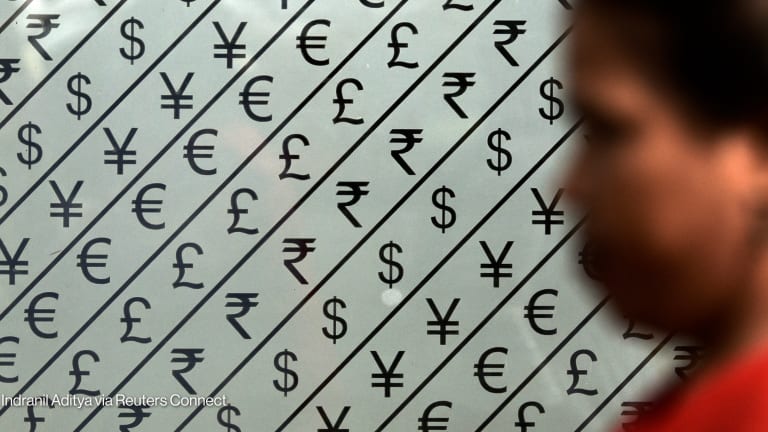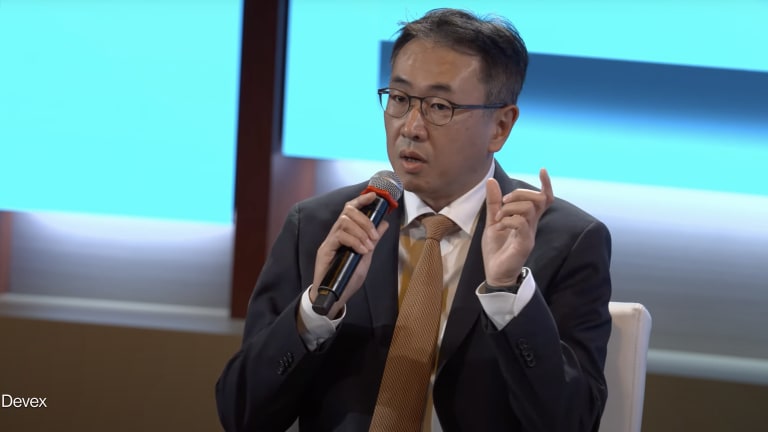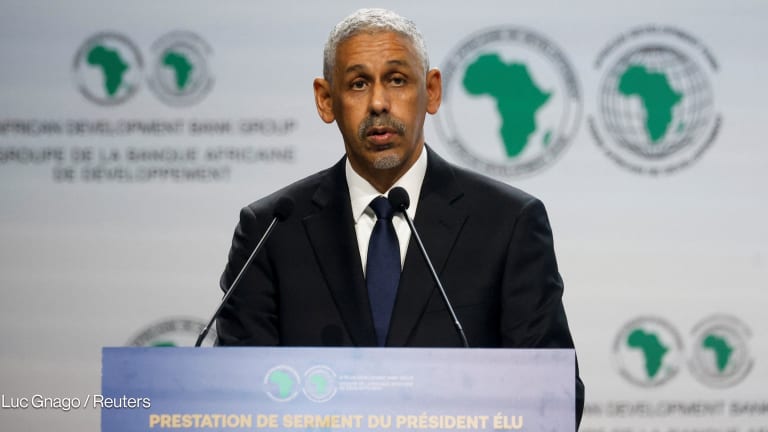The World Bank reinforced on Tuesday its commitment to Philippine development with a new country partnership strategy focused on hard and soft infrastructure amounting to more than $4 billion in the next four years.
And this time, the goal is to ensure that no one — especially the poorest of the poor — gets left behind once the various projects are implemented, according to World Bank President Jim Yong Kim.
“It's not just hard infrastructure that leads to economic growth. It's healthier people who are better educated that drive economic growth so we encourage investments in all of those areas,” Kim said in a press conference at the end of his two-day official visit to the Philippines.
Printing articles to share with others is a breach of our terms and conditions and copyright policy. Please use the sharing options on the left side of the article. Devex Pro members may share up to 10 articles per month using the Pro share tool ( ).








